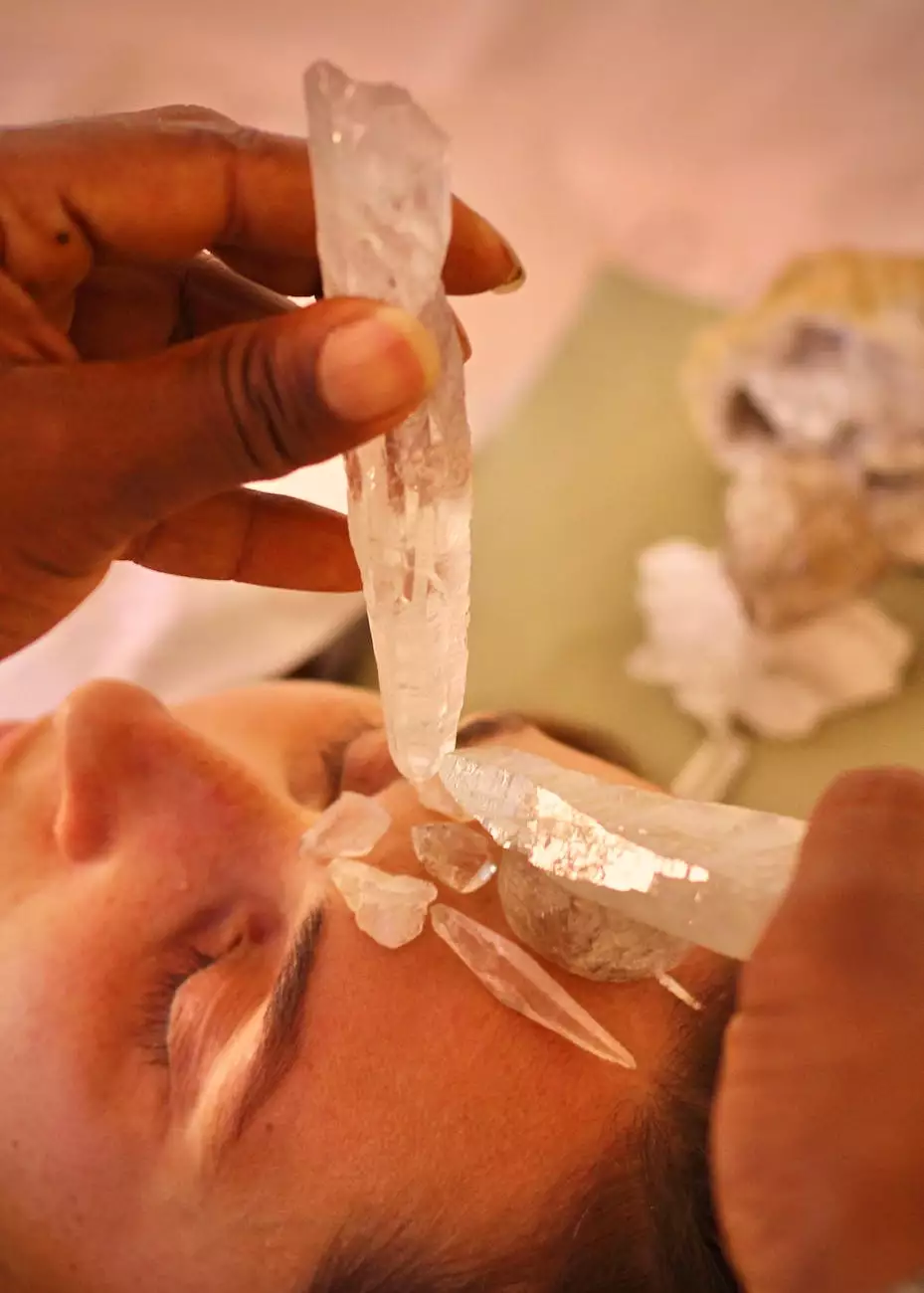How Our Biological Heritage Affects Our Behavior

Introduction
Welcome to the insightful world of understanding how our biological heritage significantly influences our behavior. In this article, we will explore the intricate relationship between genetics, evolution, and psychology, shedding light on the fascinating factors that shape our actions and choices.
The Role of Genetics
Our biological heritage, encoded within our DNA, plays a vital role in shaping our behavior. Through the study of genetics, we can uncover the unique traits and predispositions inherited from our ancestors. Genetic variations contribute to our personality traits, temperament, and even our vulnerabilities to certain behaviors.
Research has shown that genes influence various aspects of our behavior, including intelligence, creativity, risk-taking, and even addictive tendencies. By understanding the genetic factors at play, we gain valuable insights into why certain behaviors manifest in individuals.
Evolutionary Psychology and Behavior
Evolutionary psychology delves into the evolutionary roots of human behavior. It explores how our ancestors' adaptive behaviors, developed over millions of years, continue to shape our actions today.
Through evolutionary psychology, we can understand why certain behaviors have persisted throughout generations. For example, the instinctual drive to seek food, form social bonds, and protect our offspring can be traced back to the basic survival needs of our early ancestors.
Evolutionary psychology also explains our innate fears and reactions. The fight-or-flight response, a key survival mechanism, is an evolutionary product that helped our ancestors navigate dangerous situations. Understanding these deep-rooted behaviors can provide valuable insights into our actions and reactions in the modern world.
The Psychological Interplay
Our biological heritage and psychology are intertwined, creating a complex interplay that determines our behavior. Our genetic predispositions interact with our upbringing, environment, and personal experiences to shape our choices and actions.
Research has shown that our biological heritage can influence our mental health, such as the risk of developing certain psychiatric disorders. For example, genetic factors contribute to the likelihood of experiencing anxiety, depression, or addiction. By recognizing these predispositions, we can better address and manage mental health challenges.
The Effects of Nature and Nurture
When exploring how our biological heritage affects our behavior, it is important to acknowledge the interaction between nature and nurture. Nature refers to our genetic predispositions, while nurture encompasses the environmental influences we encounter throughout our lives.
While genetics provide a foundation, our behaviors are also shaped by our upbringing, education, cultural influences, and social surroundings. The interplay between nature and nurture is a crucial aspect to consider when analyzing behavior. It highlights the importance of a holistic approach to understanding human actions.
Conclusion
As we conclude our exploration into how our biological heritage affects our behavior, we gain a deeper understanding of the intricate factors at play. Genetics, evolution, and psychology intersect to shape the tapestry of our actions and choices.
By recognizing the influence of our biological heritage, we can navigate our lives with a greater understanding of our strengths, vulnerabilities, and potential areas for growth. Michael Finley, CNHP, invites you to delve further into this fascinating subject and unlock the secrets behind our behavior.









